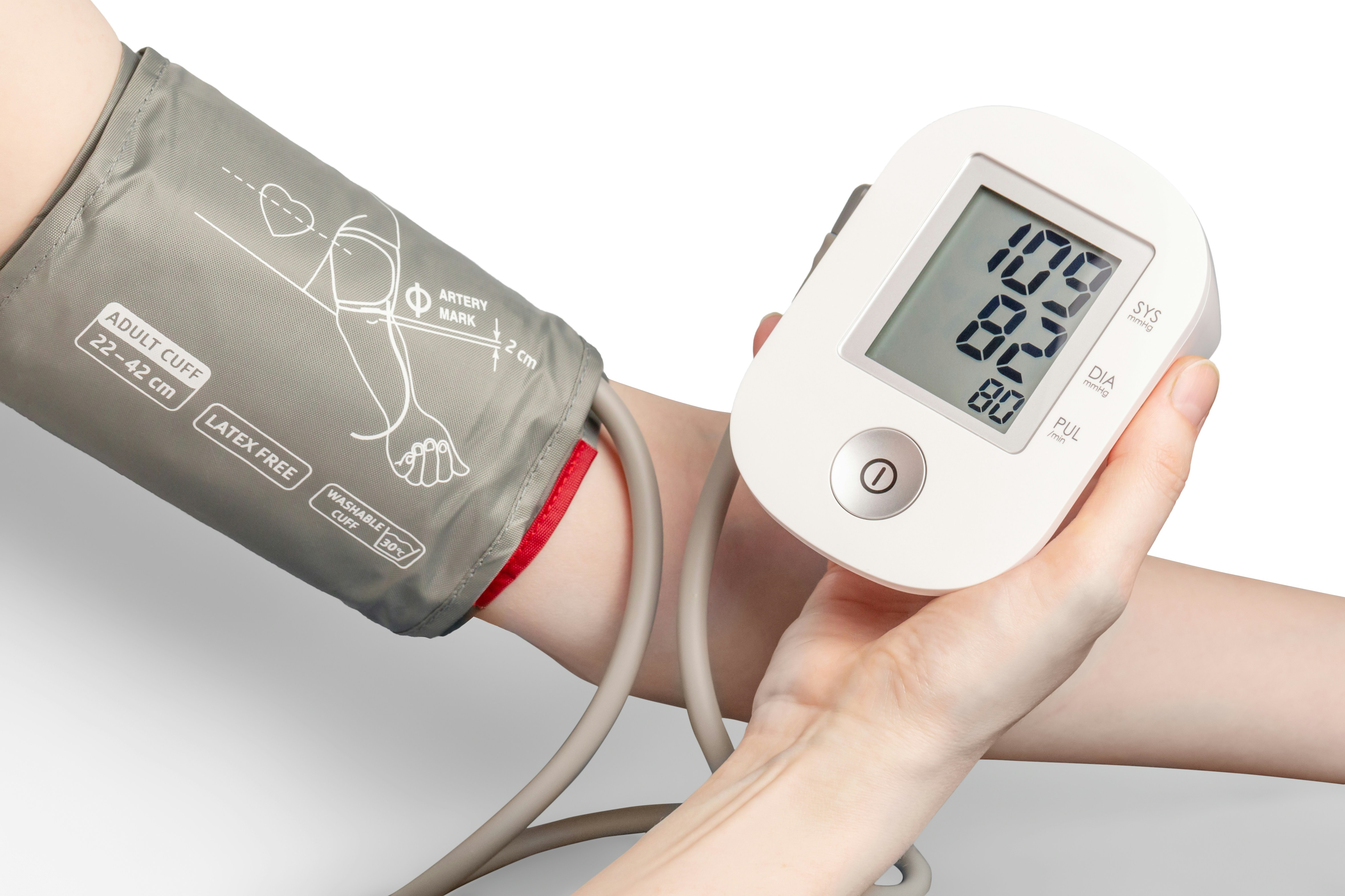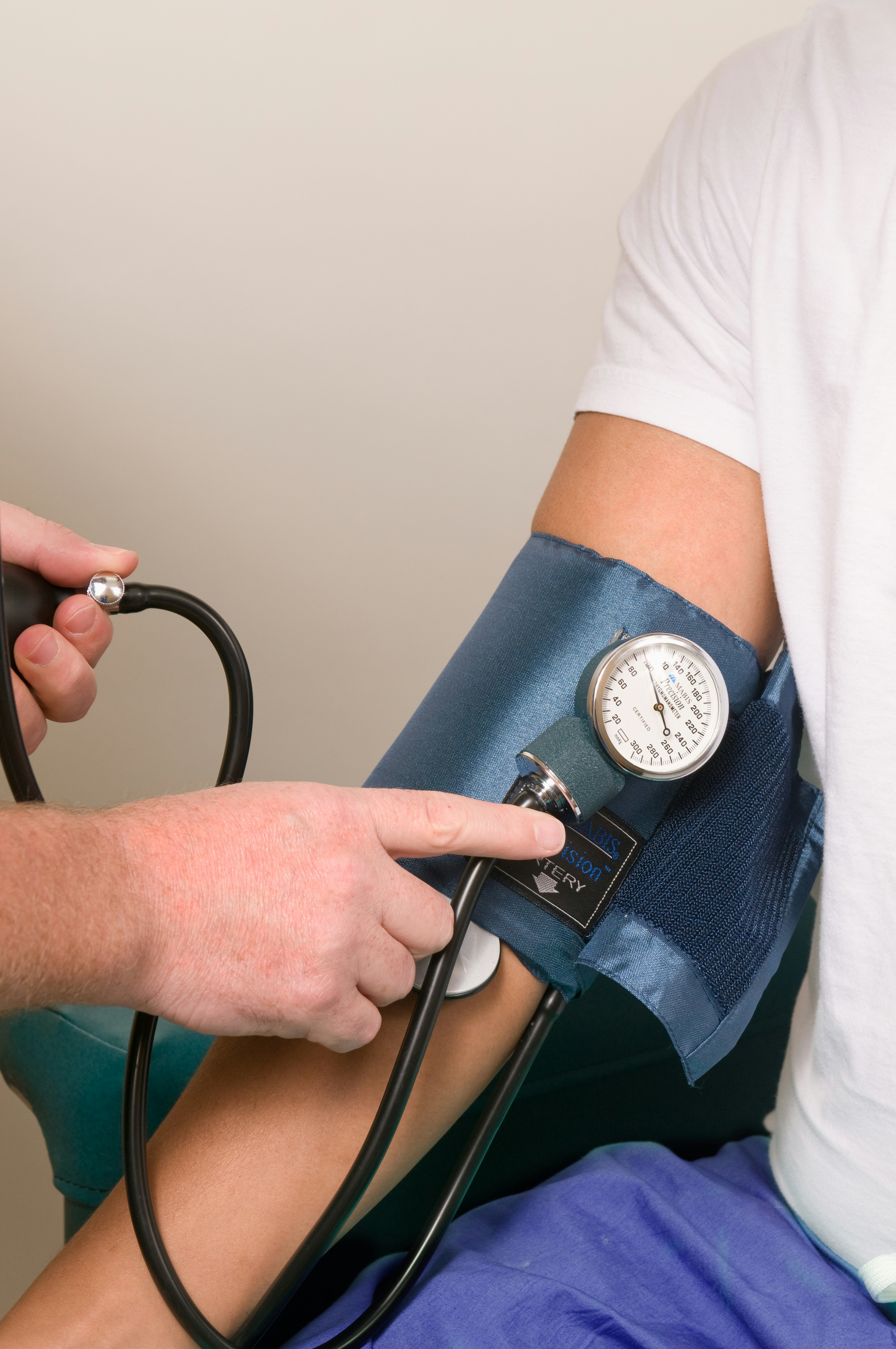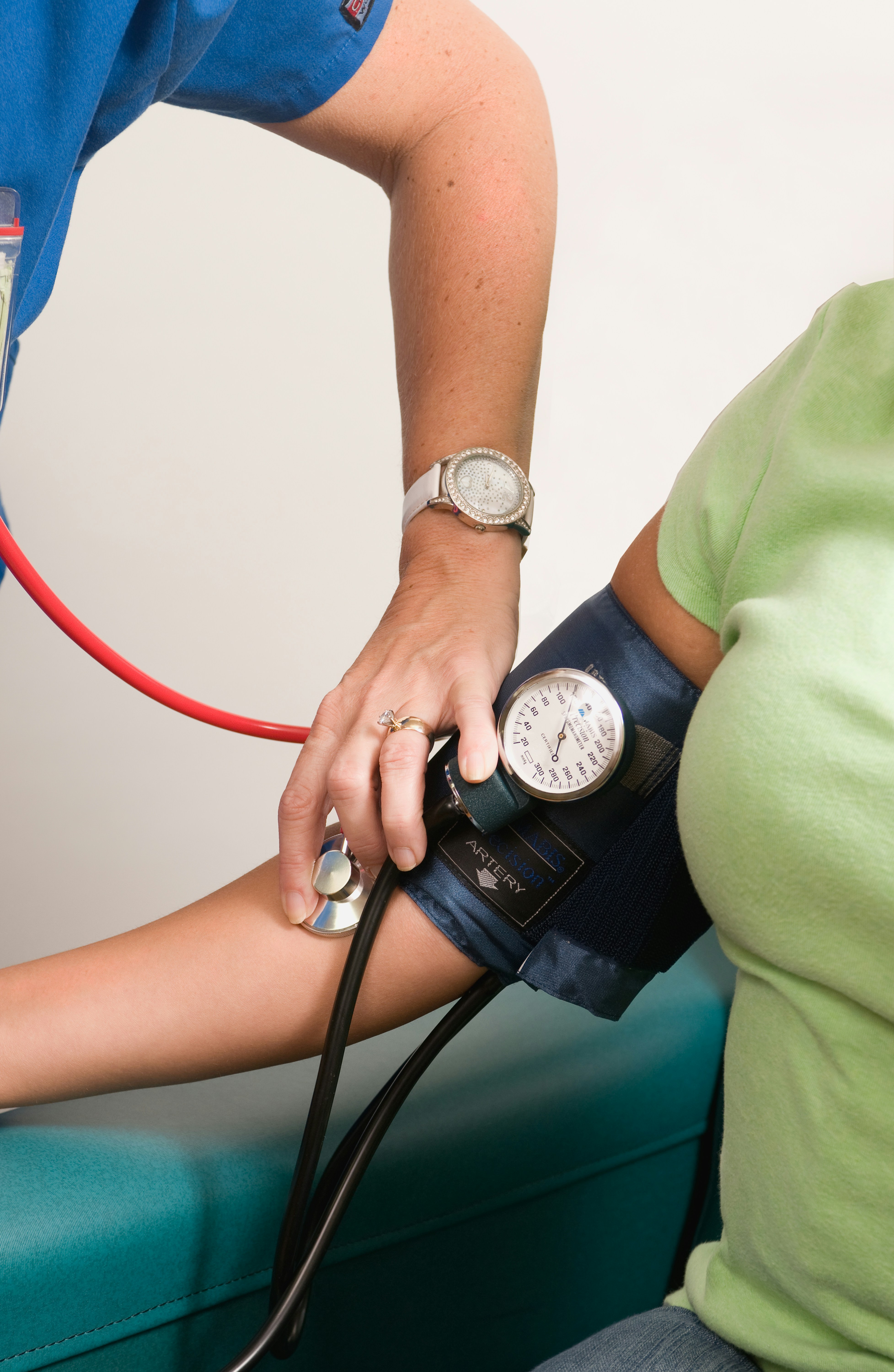How Does Weight Loss Affect Blood Pressure?
Have you ever wondered about the impact of weight loss on blood pressure? It’s fascinating how shedding those extra pounds can actually have a positive influence on your blood pressure levels. When you embark on a journey towards weight loss, whether through a healthy diet or regular exercise, you’ll notice a notable improvement in your blood pressure readings.
Weight loss can directly affect your blood pressure in a few ways. First and foremost, losing weight reduces the strain on your heart, which in turn decreases your blood pressure. Additionally, shedding excess weight can lower the resistance in your arteries, promoting a smoother flow of blood and reducing the force exerted on the artery walls. These changes can lead to a significant decrease in your blood pressure, making it easier for your heart to pump blood efficiently throughout your body. So, if you’re looking to manage or lower your blood pressure, consider incorporating weight loss as a part of your overall wellness journey.
The Link Between Weight Loss and Blood Pressure
Obesity and High Blood Pressure
Obesity, defined as having a high body mass index (BMI), is closely associated with high blood pressure. When you are overweight or obese, there is an increased workload on your heart to pump blood through the body, leading to higher blood pressure levels. In fact, studies have shown that obesity is a significant risk factor for developing hypertension.
Effects of Weight Loss on Blood Pressure
The good news is that weight loss can have a positive impact on your blood pressure. Losing even a modest amount of weight can lower both systolic (the top number) and diastolic (the bottom number) blood pressure readings. This reduction in blood pressure is seen across all weight loss ranges, from small to substantial weight loss.
Mechanisms Behind the Connection
There are several mechanisms that explain the link between weight loss and blood pressure reduction. Firstly, losing weight decreases the amount of resistance in the blood vessels, allowing blood to flow more freely and lowering blood pressure. Secondly, weight loss can reduce inflammation in the body, which is often linked to hypertension. Lastly, losing weight can improve the function of the heart, making it more efficient in pumping blood and thereby decreasing blood pressure.
Effectiveness of Weight Loss on Blood Pressure
Weight Loss Strategies
There are several strategies you can adopt to lose weight and effectively lower your blood pressure. Some popular options include calorie restriction, dietary approaches, exercise and physical activity, and lifestyle modifications.
Caloric Restriction
Caloric restriction involves reducing your daily calorie intake to create a calorie deficit, leading to weight loss. By consuming fewer calories than your body needs to maintain its current weight, you can shed excess pounds and improve your blood pressure.
Dietary Approaches
Certain diets have been shown to be effective in both weight loss and blood pressure control. The DASH (Dietary Approaches to Stop Hypertension) diet is one such example. This diet emphasizes whole foods, including fruits, vegetables, whole grains, lean proteins, and low-fat dairy products while minimizing processed foods and sodium intake.
Exercise and Physical Activity
Regular physical activity and exercise play a crucial role in weight loss and blood pressure management. Engaging in aerobic activities such as brisk walking, jogging, cycling, or swimming can help burn calories and contribute to weight loss. Additionally, exercise has direct blood pressure-lowering effects, as it strengthens the cardiovascular system and improves overall heart health.
Lifestyle Modifications
In addition to specific weight loss strategies, adopting a healthy lifestyle is essential for long-term weight management and blood pressure control. This includes practicing portion control, eating mindfully, staying hydrated, getting enough sleep, managing stress, and avoiding tobacco and excessive alcohol consumption.
Weight Loss and Medication
Medication Management
For individuals with hypertension who are also on medication, it is crucial to manage their weight loss journey carefully. Some blood pressure medications may lead to weight gain, so working closely with a healthcare professional to monitor medication adjustments and ensure effective blood pressure control during weight loss is essential.
Weight Loss as an Adjunct to Medication
In many cases, weight loss can serve as an adjunct to medication therapy for controlling blood pressure. By losing weight, individuals may be able to reduce their reliance on medication or even eliminate the need for it altogether. However, it is crucial to consult with a healthcare professional before making any changes to medication dosage or usage.
Reducing Medication Dependency
Weight loss can significantly reduce the dependence on medication for blood pressure management. As weight is lost, blood pressure often decreases, allowing for medication dosage adjustments or discontinuation. This can lead to cost savings, fewer medication side effects, and improved overall well-being.
Weight Loss and Cardiovascular Health
Improvement in Cardiovascular Risk Factors
Weight loss not only improves blood pressure levels but also positively impacts other cardiovascular risk factors. Losing weight can lower cholesterol, decrease the risk of developing diabetes, improve insulin sensitivity, and reduce the risk of heart disease.
Reduction in Inflammation
Obesity is associated with chronic, low-grade inflammation in the body, which can contribute to various health problems, including high blood pressure. Weight loss has been shown to reduce inflammation markers, thereby reducing the overall inflammatory burden on the body.
Benefits for Heart Function
Losing weight can improve the overall function of the heart. When excess weight is lost, the heart does not need to work as hard to pump blood, leading to improved efficiency and decreased strain on the cardiovascular system.
Impact on Cholesterol Levels
Weight loss can positively influence cholesterol levels, specifically by reducing LDL (low-density lipoprotein) cholesterol, often referred to as “bad” cholesterol. Lowering LDL cholesterol levels decreases the risk of developing plaque in the arteries, which can lead to heart disease and high blood pressure.
Weight Loss and Blood Pressure Variations
Changes in Systolic and Diastolic Pressure
Weight loss has been shown to result in significant reductions in both systolic and diastolic blood pressure readings. Systolic pressure reflects the force exerted on artery walls when the heart pumps blood, while diastolic pressure represents the pressure when the heart is at rest between beats. Weight loss can lead to a decrease in both numbers, effectively lowering blood pressure.
Response Based on Initial Blood Pressure
The magnitude of blood pressure reduction as a result of weight loss may depend on the initial blood pressure levels. Individuals with higher blood pressure at the start of their weight loss journey may experience more substantial reductions compared to those with lower blood pressure. However, any decrease in blood pressure is beneficial for overall cardiovascular health.
Long-Term Maintenance of Blood Pressure
Maintaining weight loss is crucial for sustaining the benefits of blood pressure reduction. Long-term adherence to a healthy lifestyle, including regular physical activity, balanced nutrition, and ongoing monitoring of blood pressure, is essential to prevent weight regain and maintain optimal blood pressure levels.
Individual Differences in Weight Loss Effects
Gender Differences
It is important to recognize that the effects of weight loss on blood pressure may vary between genders. In general, men tend to lose weight more easily than women and may experience greater reductions in blood pressure. However, both men and women can achieve significant improvements in blood pressure through weight loss.
Age and Weight Loss
While weight loss can positively impact blood pressure at any age, older individuals may face additional challenges when it comes to losing weight. Metabolism naturally slows down with age, making weight loss more difficult. However, with an appropriate and tailored weight loss plan, individuals of all ages can achieve meaningful improvements in blood pressure.
Genetic Factors
Genetic factors can influence how weight loss affects blood pressure. Certain individuals may be more genetically predisposed to hypertension or have different metabolic responses to weight loss. While genetics cannot be changed, focusing on healthy lifestyle habits and working with healthcare professionals can still lead to significant improvements in blood pressure.
Pre-existing Health Conditions
Individuals with pre-existing health conditions, such as diabetes or kidney disease, may require additional guidance and monitoring during weight loss efforts. Certain medications or health conditions can affect weight loss outcomes and blood pressure responses. It is crucial to work closely with healthcare professionals to ensure safe and effective weight loss strategies.
Hypertension and Weight Loss
Weight Loss Target for Hypertensive Patients
For individuals with hypertension, losing as little as 5-10% of body weight has been shown to have a significant impact on blood pressure levels. Aim for gradual weight loss, targeting a healthy and sustainable pace of 0.5-1 pound per week.
The DASH Diet
The DASH diet, which emphasizes a rich variety of fruits, vegetables, whole grains, lean proteins, and low-fat dairy products, has been specifically designed to lower blood pressure. Combining the DASH diet with weight loss efforts can further enhance the blood pressure-lowering effects.
Weight Loss Surgeries
In severe cases of obesity and hypertension, weight loss surgeries such as gastric bypass or gastric sleeve may be considered. These surgical procedures can lead to significant weight loss and often result in substantial improvements in blood pressure. However, these surgeries are typically reserved for individuals with a high BMI or those with obesity-related health complications.
Effectiveness on Hypertension
Weight loss is undeniably effective in controlling hypertension. Studies have consistently shown that weight loss interventions, regardless of the method used, achieve clinically significant reductions in blood pressure levels. The combination of weight loss, lifestyle modifications, dietary changes, and appropriate medication management can lead to optimal blood pressure control for hypertensive individuals.
Behavioral and Psychological Aspects
Emotional Factors
Emotional factors can play a significant role in weight loss and blood pressure management. Stress, emotional eating, and negative self-perception can hinder weight loss efforts and contribute to high blood pressure. Addressing emotional factors, seeking support, and practicing stress management techniques are crucial components of a successful weight loss journey.
Food Addiction and Cravings
Food addiction and cravings can pose challenges for those trying to lose weight and manage blood pressure. The brain’s reward system can become activated by certain foods, leading to intense cravings and an increased risk of overeating. Recognizing and managing food addiction and cravings through behavioral strategies and support systems can aid in weight loss success.
Cognitive Behavioral Therapy
Cognitive Behavioral Therapy (CBT) has shown promise in helping individuals with weight loss and blood pressure management. CBT focuses on identifying and changing negative patterns of thinking and behavior that contribute to weight gain and high blood pressure. By addressing underlying psychological factors, CBT can enhance weight loss outcomes and improve overall well-being.
Support Systems and Groups
Having a support system in place is vital for maintaining motivation and accountability during weight loss and blood pressure management. Joining support groups, engaging in online communities, or seeking professional guidance can provide the encouragement and guidance needed to navigate the challenges of weight loss successfully.
Long-Term Maintenance of Weight Loss
Sustainable Lifestyle Changes
To maintain weight loss and blood pressure improvements, it is essential to adopt sustainable lifestyle changes. Rather than relying on short-term diets or extreme measures, focus on creating a balanced and enjoyable approach to food and physical activity. Building habits that prioritize health and overall well-being will significantly contribute to long-term weight maintenance.
Strategies to Prevent Weight Regain
Weight regain can be a common challenge following weight loss. To prevent this, continue practicing portion control, regular exercise, and mindful eating habits. Consistency and moderation are key to sustaining weight loss and maintaining optimal blood pressure levels.
Continued Monitoring of Blood Pressure
Regular monitoring of blood pressure is essential to ensure that levels remain within a healthy range. This can be done at home using a blood pressure monitor or through regular check-ups with your healthcare provider. By staying aware of your blood pressure readings, you can proactively address any changes and make necessary adjustments to your weight loss and lifestyle strategies.
Conclusion
Weight loss has a profound impact on blood pressure, offering numerous benefits for cardiovascular health. Through a combination of weight loss strategies, lifestyle modifications, and appropriate medication management, individuals can achieve significant reductions in blood pressure levels. With dedication, ongoing support, and a focus on long-term maintenance, weight loss can be a powerful tool in improving overall health and well-being.



